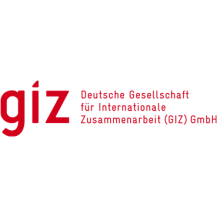Resource information
Over the past two decades, academics and development practitioners have written extensively about the harmful impact of corruption on economic development and social outcomes. From an economic perspective, corruption diverts resources away from their most productive uses, acting as a regressive tax that supports the lifestyles of the elite at everyone else’s expense. Corruption undermines the legitimacy of political systems by providing the elite with alternative ways of holding on to power, rather than through genuine democratic means.
This situation has brought the question of how best to combat corruption to the forefront of the international development agenda. In recent years, the debate has also turned to the use of digital technologies and new approaches that can be applied to anti-corruption. Since 2017, increased attention has been paid to distributed ledger technology (DLT), often referred to as blockchain, with discussions on whether or not it can play a role in combating corruption. This study seeks to answer this question by looking at three specific areas: supply chains, aid delivery and public administration.

